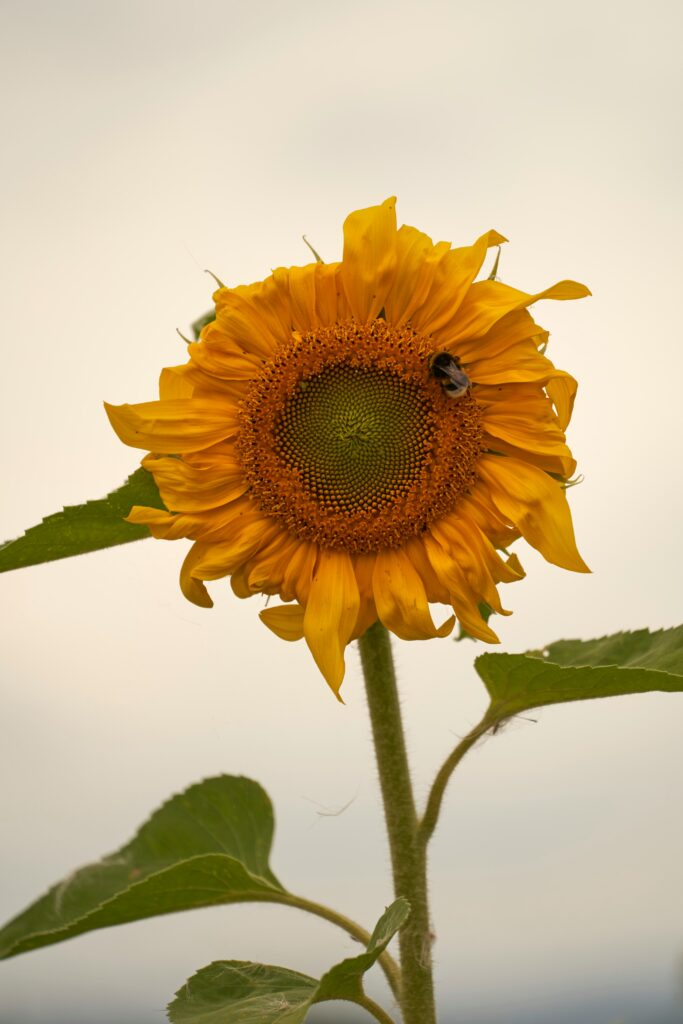Contact : +254 725 877 146
Why Kenya Reflected on the Urgent Need to Protect Its Pollinators: World Bee Day 2025

On May 20, 2025, Kenya joined the world in commemorating World Bee Day, honoring the vital role bees and other pollinators play in safeguarding biodiversity, food security, and ecosystem health. In a country where agriculture remains the backbone of the economy and a lifeline for millions, protecting pollinators was recognized not just as an environmental duty but as a national food security imperative.
Bees, which fertilize more than 75% of the world’s food crops, including essential Kenyan produce such as avocado, mango, watermelon, sunflower, and passion fruit, were at the center of the day’s focus. For countless smallholder farmers particularly women and youth in rural areas ,healthy bee populations translated to better yields, increased incomes, and improved nutrition.
However, the day also spotlighted the mounting threats facing pollinators in Kenya: habitat destruction through deforestation and urbanization, heavy pesticide use (especially neonicotinoids and herbicides), and climate change disruptions that altered flowering seasons and nectar availability.
In response, communities across Kenya had embraced beekeeping as a nature-based solution. Apiculture programs in counties such as Kitui, Baringo, and Kakamega empowered youth and women to form cooperatives producing honey while conserving the environment. Indigenous trees like croton and grevillea were integrated into agroforestry, creating essential forage for bees and helping restore degraded landscapes.
Despite the growing momentum, challenges in policy implementation remained. Although Kenya’s Apiculture Policy provided a framework for support, gaps in enforcement and investment continued to hamper progress. Stakeholders marked World Bee Day by calling for stronger regulation of harmful pesticides, increased funding for pollinator research, and the promotion of bee-friendly agricultural practices.
The 2025 theme, “Bee Engaged with Youth,” highlighted the importance of involving young people in pollinator protection. Schools, climate clubs, and youth groups across the country held educational events, planted pollinator-friendly gardens, and explored innovative practices like urban beekeeping and hive monitoring using digital tools.
Ultimately, World Bee Day 2025 served as a powerful reminder to Kenyans that saving pollinators means securing the future of food, ecosystems, and community resilience. From planting flowering trees to supporting local honey producers and avoiding harmful chemicals, every citizen was encouraged to take part in protecting the small but mighty heroes of nature.
In honoring the bees, Kenya took a step forward in preserving its ecological heritage and ensuring a more sustainable, food-secure future for all.
‘The bee’s life is like a magic well: the more you draw from it, the more it fills with water’ – Karl Von Frisch
